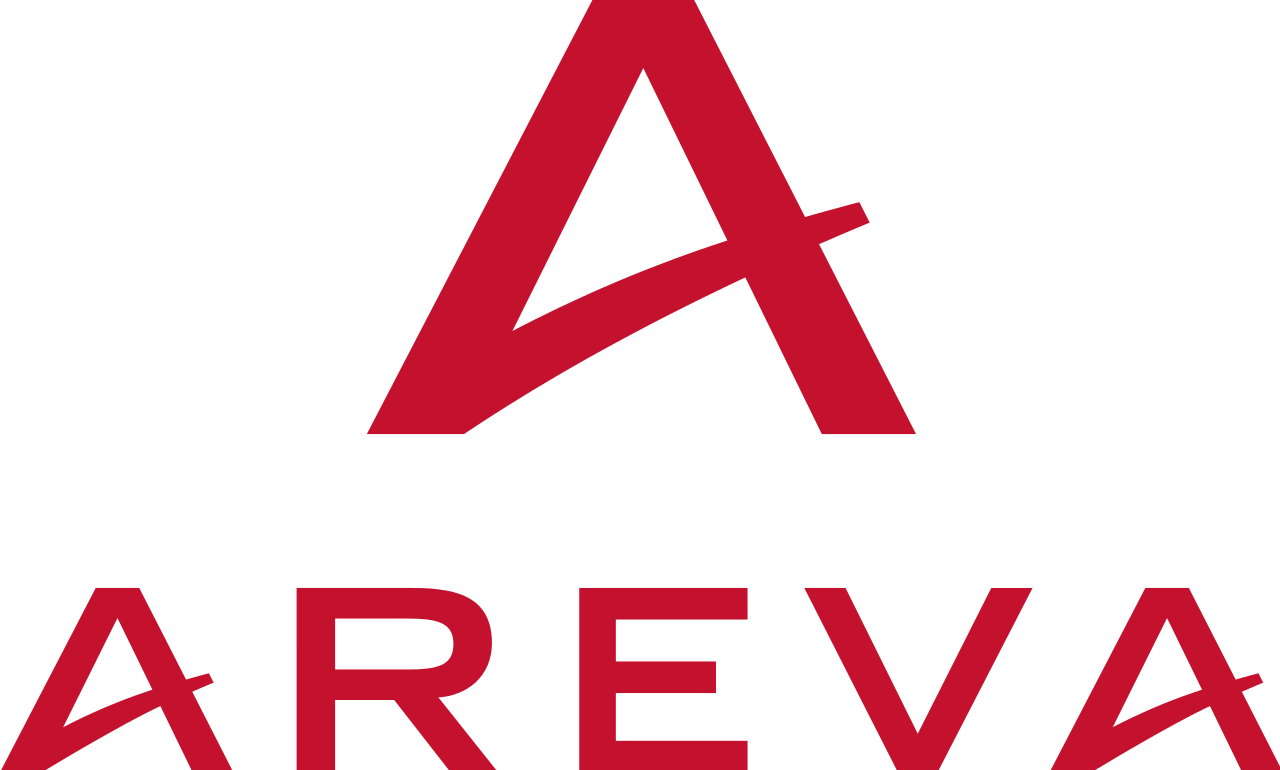Translation of the editorial published in the French newspaper 'Les Echos'
"It would have been the end of the EPR. For nearly two weeks, commentators in the media have being outdoing each other in prophesizing just that, dishonoring the French nuclear industry along the way. These prophets of doom took advantage of the questions raised by the French Nuclear Safety Authority (ASN) about Flamanville 3, and they are now announcing the premature demise of the EPR.
I want them to know how strongly I believe they are wrong.
Four EPRs are under construction in the world. The difficulties of the Finnish and French projects are well-known and nobody is hiding from them. By publicly disclosing a greater than average carbon concentration on the test pieces for the reactor pressure vessel bottom and head for Flamanville 3, the ASN, EDF and AREVA reported an important technical examination point in complete transparency.
Was there a defect or compromise in the safety of the Flamanville EPR? Never. On the contrary, public disclosure of these technical exchanges reflects the demanding and virtuous practices of the French nuclear industry and inspection authority, the ASN. Let’s not blame them, but instead acknowledge their transparency.
The reactor vessel head and bottom were both forged more than five years ago and were compliant with the regulations in place at that time. As these regulations have evolved, the engineers and technicians are now working on a program for additional tests to demonstrate that this equipment is compliant with the new standards and to provide necessary justification. Let’s give them the opportunity to work with confidence and in peace. None of them would allow even the smallest compromise in nuclear safety, which is guaranteed by the independence of the nuclear safety authority.
Very few activities are so scrupulously monitored as the fabrication of a nuclear reactor pressure vessel. The practices and the quality culture at Le Creusot and Chalon Saint-Marcel production facilities must always continue improving, just like everywhere else within AREVA. In this vein, the company has taken the initiative to mandate independent experts to review its forging and machining activities.
Is it really necessary to question the expertise and the experience of the employees in the Saône-et-Loire region, the birthplace of France’s metallurgy and nuclear industries? For over 40 years, generations of men and women have built a world-renowned expertise and industrial know-how which has been a source of energy independence for France and a success in export markets.
These experts who manufacture the nuclear steam supply system are ready to meet the new challenges facing the EPR reactor, along with all of AREVA’s and EDF’s engineering teams. They are currently tackling the challenges of industrialization and competitiveness through the joint “EPR NM” (new model) program. Our teams are already bringing their commitment and expertise to the Hinkley Point project in the UK. Only once we have built a series of optimized EPR’s will it be possible to judge just how pertinent and valuable this technology is.
Because looking beyond these early difficulties, I firmly believe in the validity of the options and principles that underpin the EPR reactor design.
The principles of enhanced safety – reviewed by four of the strictest safety authorities in the world – are more legitimate than ever in the light of the accidents at Chernobyl and Fukushima.
The high power option (as part of a range of reactors) is very relevant for countries with significant electricity consumption and mature electricity grids, as in Europe or in China, where two EPR projects continue to advance while benefiting from the experience and feedback gained from the first units.
At a time when discussions are underway ahead of COP21, and when a number of countries are preparing to build new nuclear capacity, can France really go without this key technological asset? Will we not see the EPR in a very different light a few years from now when they are producing electricity safely, at stable cost and without producing CO2?
For all of these reasons, just like everyone who is a part of this major French industry, I wish to say that the EPR is alive and well, and it is time to put an end to EPR-bashing."
4/30/2015
